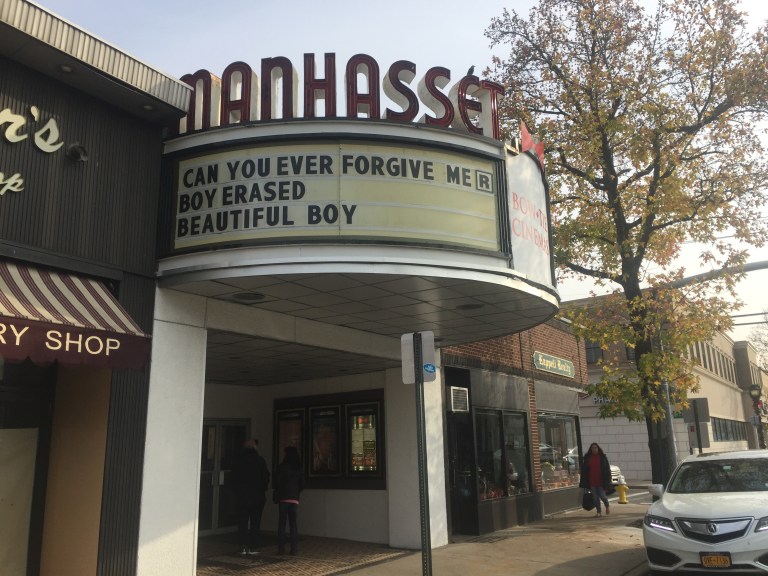
The Manhasset and Roslyn Bow Tie movie theater properties were sold together last Wednesday, said broker Jeff Kintzer, principal at Royal Properties.
The current leases for the two theaters last until the end of March 2022. Bow Tie, the seller, had purchased the properties from Clearview Cinemas.
Kintzer declined to provide the price of the sale or the name of the new owner because he said the new owner is hoping to maintain a low profile.
“He’s a prominent landlord throughout New York and New York City, and I’m sure he’s going to continue to manage and operate these properties in stellar fashion, but there’s really not a whole lot that needs to be done at the moment,” Kintzer said. “Bow Tie still has the lease, and they’ll be honoring their lease and I expect there to be little change physically to the consumer.”
Kintzer is also selling the property housing Great Neck’s Bow Tie theater on Middle Neck Road. Bow Tie’s lease there lasts until 2020 and though it is the major tenant, the company does not own the property. Bow Tie shares it with an antique store and Lola restaurant.
The Manhasset property also includes a realty office. Bow Tie is the only tenant of the Roslyn property.
Gold Coast Arts Center, a nonprofit arts center, has been hosting film series at these Manhasset and Roslyn theaters since 1995, said Regina Gil, founder and executive director of the center and of the Gold Coast International Film Festival.
The film festival started in 2011 and uses the theaters as two of its venues.
“We just think that it’s very important for each community in this region that has a movie theater to protect that movie theater and to ensure that that theater continues into the future because it’s very important for the vitality of the downtown,” Gil said.
The theaters’ past owners have made it affordable for Gold Coast to use the facility, and the nonprofit group looks forward to developing a relationship with the new owner, she said.
“Obviously you have these luxurious movie theaters that are opening and it’s hard for the smaller theaters to compete, but I don’t think that’s the case here,” Kintzer said. “I don’t think these two markets are going to have a problem keeping a theater.”






